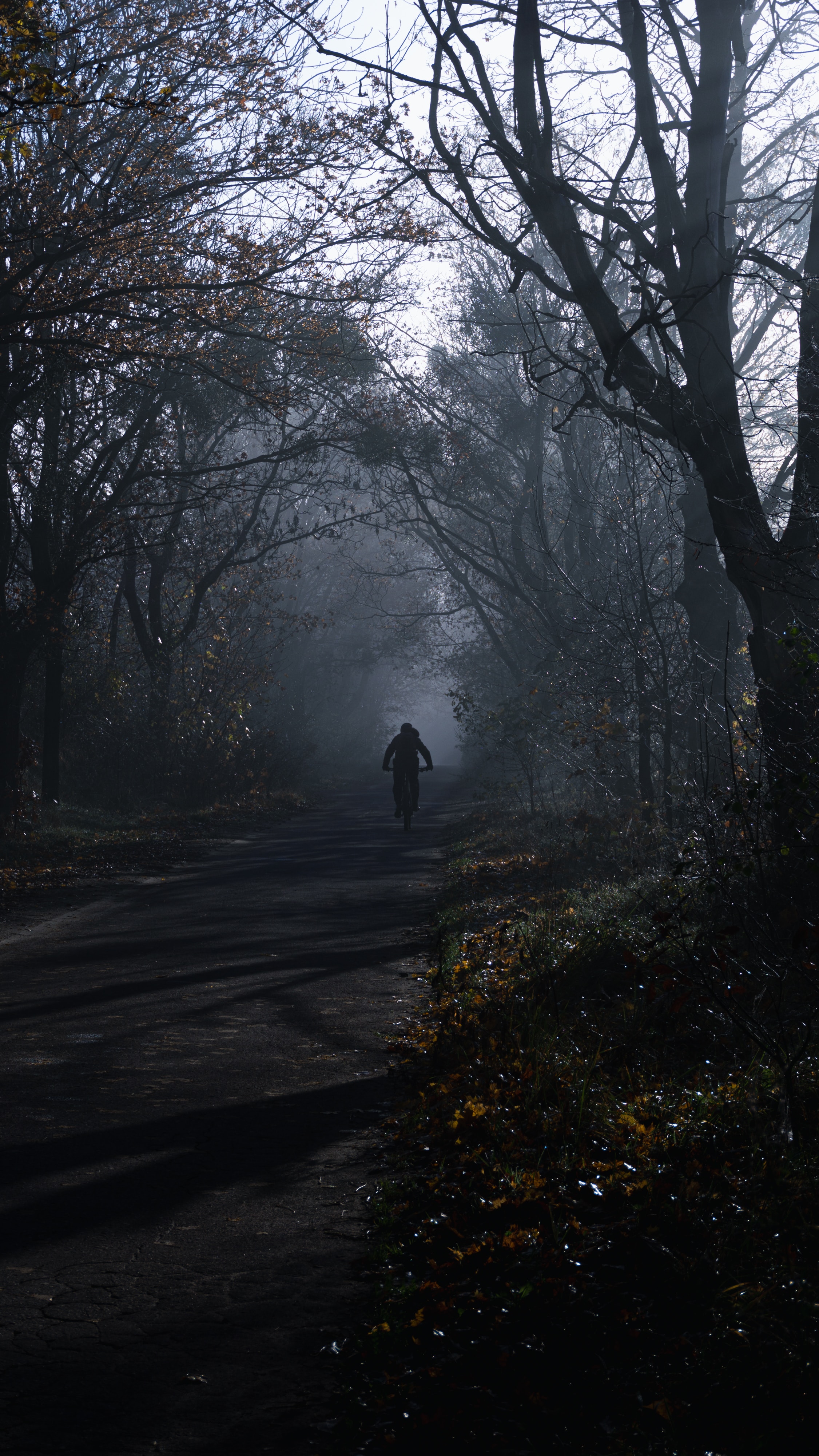The Lost Year
I am 79 years old. Three years ago, my husband, Jim, was hospitalized with an acute kidney infection. Then the nightmare, and the painfully twisted desolation, began.

Two days in ICU, 2 days in acute. Two weeks in a rehab hospital including a morose Christmas Day and New Year’s Eve when, miraculously, he was doing better. Then a substitute physical therapist pushed him too hard and he had a mild Parkinsonian seizure. Four days back in acute care. Suddenly, a Covid diagnosis.
After weeks of spending all day, every day, with him, I was denied access to see or visit him. I was suddenly irrelevant.
For over 2 weeks, I didn’t know what to do with myself. I talked to doctors and nurses who reported Jim wouldn’t eat and couldn’t talk by telephone. They put in feeding tubes and bandaged his hands so he couldn’t pull out the equipment. There was talk of a nursing home placement. Previously, Jim had stated, unequivocally, that he would kill himself before he would consider it. I insisted that he be discharged home with a visiting nurse and my 24/7 caregiving. I went to the hospital for training on feeding him. Covered head to toe with a mask, infection robe, and hair cap, I looked down at him. I barely knew him. Semi-comatose, his breath rasping, I stared at the man I loved, internally screaming “What have you done to him?”
They brought him home in an ambulance, a shadow of the man who had left a month before. His grunts told me he was happy to be in his own bed in the house he loved so much. As always, he was miserably cold. I piled on blankets, cleaned his nose and mouth with saline, emptied the tubes hanging from his too slender body and stroked his hair which he had always loved. Twenty-four hours later, he died peacefully in his sleep. I knew, without admitting it, that he had slipped way. I held him close for half an hour before calling the paramedics to confirm what I dreaded.
Reeling with shock, I couldn’t accept that he was really gone. It was if he were in the hospital and would be home soon and everything would be all right. I stared at the coroner, asking questions that were meaningless to me. I cringed in horror as they zipped up the body bag that made an object of the person he was.
I made cremation arrangements in a fog of disbelief and delusion. Fifty years of always being together, of a ‘you and me against the world’ mentality, boiled down to a single piece of paper that represented all that he, and we, had been. I crawled into a shell of misery, punctuated only by frequent calls from his son and daughter who might as well have lived on another planet. Family came when we brought his ashes home, trying to cheer me up, recalling old memories, things we’d done together, the pitiful legacy of years. Then they were gone, and I was alone with a pretty urn holding the remnants of my life.
I don’t remember what I did that year. In a prison of disbelief, I wandered the house, pacing from room to room, unable to concentrate on anything. A life-long avid reader, I’d repeat the same page over and over and still not take it in. I tried to watch television movies but lost interest halfway through. I cried daily over trivialities like seeing commercials for things he had loved. Holidays came and went and meant nothing. With no work or schedule, one day is like another and it’s hard to remember what week or month it is. I talk to his picture, his urn, but one-way conversations never go anywhere. I think about going back to work, or volunteering, but I have no energy, no drive, no enthusiasm. The joy has gone.
A FORK IN THE ROAD
Suddenly, silently in the darkness, the one year anniversary of his death comes creeping. The kids drive from California for the day, understanding how tough it was going to be. Instead of sitting around all day moping, I go out to eat with them and play briefly at a casino, limiting myself to his favorite machine. It forces me to experience the world at large, a good shake-up.
It is the reluctant acknowledgment that a year has gone by that starts to convince me that he’s never coming back, that life goes agonizingly on. Slowly, unloading the no-longer unbearable burden of grief, I start to reconnect with the world. It’s not a very pleasant world — it never will be without him — but it’s reality and I have cowered in delusion for too long.
The gaping wound is still there but it’s no longer raw. I still cry. I still call out for him to come back. But I am a person again: sad and lonely but a person nonetheless. If I cannot look at the future with optimism, I can discern some kind of future that may seem bleak, but a future where the pain will perhaps morph into some kind of meaning.



One thought on “The Lost Year”
hello